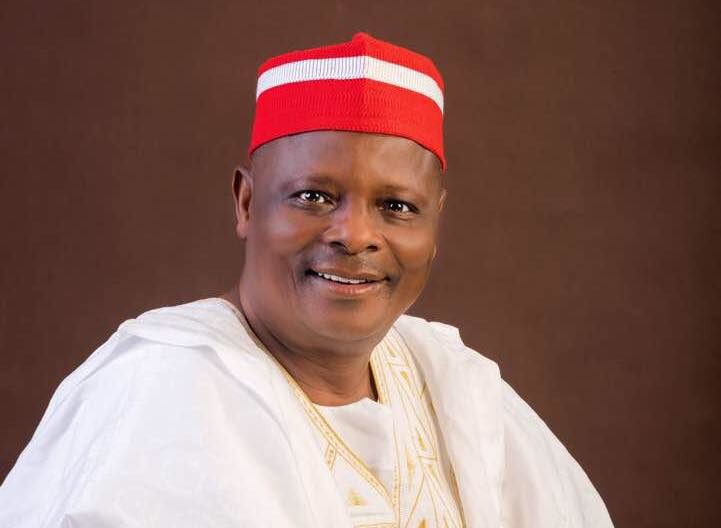The Nigerian political landscape is abuzz with controversy following remarks made by Dr. Abdullahi Umar Ganduje, National Chairman of the All Progressives Congress (APC), regarding the status of the New Nigeria Peoples Party (NNPP) and its national leader, Senator Rabiu Musa Kwankwaso. Ganduje, during a meeting with the Tinubu Support Group, declared the NNPP “dead” and asserted that Kwankwaso was planning to rejoin the APC, even going so far as to metaphorically describe the preparation of a grave for the NNPP. These pronouncements sparked a sharp rebuttal from the NNPP, further intensifying the already complex political dynamics in the country.
The NNPP wasted no time in dismissing Ganduje’s claims. National Publicity Secretary Ladipo Johnson characterized the APC chairman’s comments as “inconsequential” and “panic-driven,” fueled by a fear of Kwankwaso’s significant political influence. Johnson categorically denied any intention on Kwankwaso’s part to rejoin the APC, emphasizing his commitment to strengthening and repositioning the NNPP for the 2027 elections. He portrayed Kwankwaso as actively engaged in consultations with Nigerians across various sectors, strategizing for the party’s future and solidifying its foundation. This firm denial serves to counter the narrative propagated by Ganduje and underscores the NNPP’s determination to remain a viable political force.
Further amplifying the NNPP’s rejection of Ganduje’s assertions, Dr. Tosin Odeyemi, the NNPP State Chairman in Osun, criticized Ganduje’s focus on the NNPP while the country faces significant socio-economic challenges under the APC’s governance. Odeyemi argued that Ganduje’s comments reflect a detachment from reality and serve as a thinly veiled attempt to lure influential figures like Kwankwaso into a party grappling with internal issues and widespread public dissatisfaction. He also suggested that Ganduje might be receiving inaccurate information from those seeking personal gain. This criticism not only deflects Ganduje’s attack but also redirects the focus onto the APC’s perceived shortcomings, aiming to portray the NNPP as a more credible alternative.
Adding another layer to this political drama, the Kano State chapter of the APC, Kwankwaso’s home state, weighed in on the speculation, rejecting the idea of his return and labeling him a “political liability.” Ahmed S. Aruwa, the Kano APC Public Relations Officer, pointed to Kwankwaso’s history with political parties, claiming he has a pattern of causing internal strife and ultimately contributing to their decline. He specifically referenced Kwankwaso’s previous involvement with the Peoples Democratic Party (PDP), alleging he left the party in disarray. This stance signals internal divisions within the APC and suggests a lack of consensus on the desirability of Kwankwaso’s potential return.
Aruwa further accused Kwankwaso of harboring ulterior motives, alleging that his interest in rejoining the APC is driven by a strategic ambition to contest the presidency in 2031, following a potential second term by President Bola Tinubu. This accusation paints Kwankwaso as an opportunist seeking to exploit the APC for personal gain rather than genuinely contributing to the party’s growth. Aruwa emphasized the hard work invested by Kano APC members in building the party while, according to him, Kwankwaso was engaged in criticism and mockery. This narrative seeks to justify the resistance to Kwankwaso’s potential return by highlighting his past actions and alleged lack of commitment to the party.
Finally, Aruwa set a significant precondition for any potential reconciliation: Kwankwaso must first mend his relationship with Ganduje. This stipulation underscores the deep-seated personal and political rift between the two figures, highlighting the complexities and challenges that would need to be addressed before any potential reunion could be considered. By emphasizing this requirement, the Kano APC chapter reinforces its opposition to Kwankwaso’s return and underscores the significant hurdles that stand in the way of such a move. This intricate web of accusations, denials, and preconditions reflects the volatile nature of Nigerian politics and the ongoing power struggles within and between the major parties.














